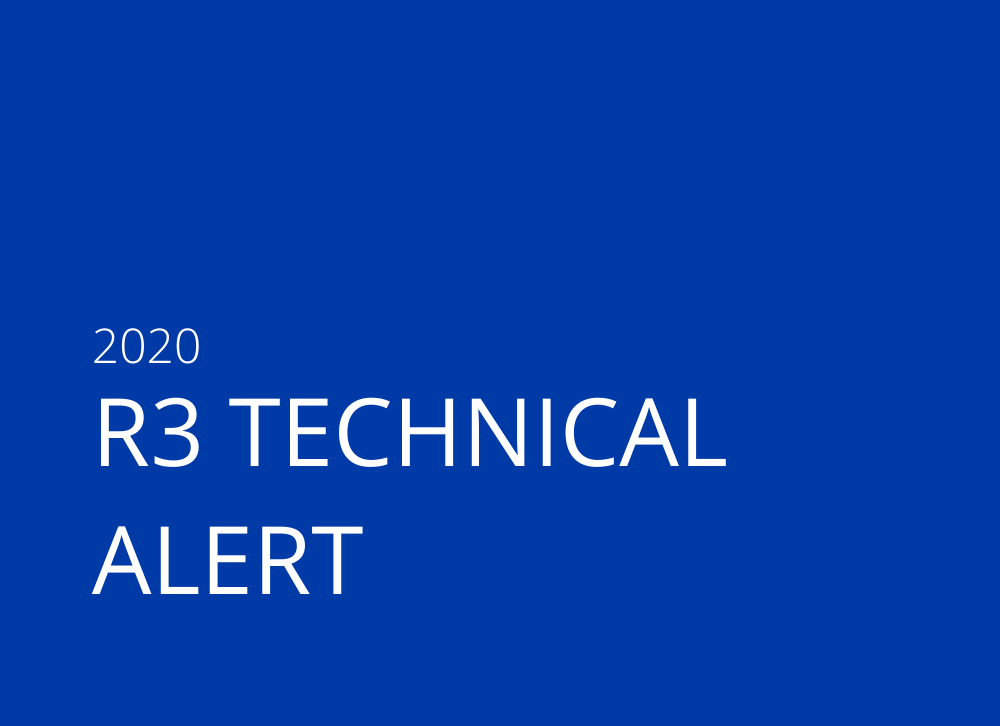
RETURN OF CROWN PREFERENCE
UPDATED (30 NOVEMBER 2020) - HMRC GUIDANCE "HMRC as a preferential creditor" available here.
From 1 December 2020 HMRC will become a secondary preferential creditor in insolvencies (corporate and personal). The provisions can be found within the Finance Act 2020 at page 79, Part 4, Miscellaneous and Final, Insolvency, HMRC debts: priority on insolvency.
“Schedule 6 ‘The Categories of Preferential Debts’ of the Insolvency Act 1986, has been amended. From 1 December 2020 certain HMRC debts will fall within the categories of preferential debts, however, these debts will rank at the bottom of the ladder of these type of debts. All other preferential debts listed in schedule 6 must be paid in full before HMRC are to receive a distribution under its new preferential status.
HMRC debts captured are VAT or a relevant deduction, which is as follows –
“(a) the debtor is required, by virtue of an enactment, to make the deduction from a payment made to another person and to pay an amount to the Commissioners on account of the deduction,
(b) the payment to the Commissioners is credited against any liabilities of the other person, and
(c) the deduction is of a kind specified in regulations under section 99(3) of the Finance Act 2020.”
For example, PAYE and employee National Insurance Contributions (NICs). Other tax debts, such as Corporation Tax or employer NICs, will remain an unsecured debt.
The Insolvency Act 1986 (HMRC Debts: Priority on Insolvency) Regulations 2020 clarifies a ‘relevant deduction’ –
“The deductions are—
(a)deductions under section 61 (deductions on account of tax from contract payments) of the Finance Act 2004(5), - Amounts withheld under the construction industry scheme
(b)deductions under paragraph 6(1)(b) (deduction of earnings-related contributions) of Schedule 4 to the Social Security (Contributions) Regulations 2001(6), - Employee national insurance contributions
(c)deductions under regulation 21 (deduction and repayment of tax by reference to employee’s code) of the Income Tax (Pay As You Earn) Regulations 2003(7), and - Amounts withheld under Pay As You Earn
(d)deductions under regulation 50 (deductions of repayments) of the Education (Student Loans) (Repayment) Regulations 2009(8).” - Student loan repayments via payroll deduction
Important note – The above changes do not apply in relation to any case where the relevant date is before 1 December 2020.


